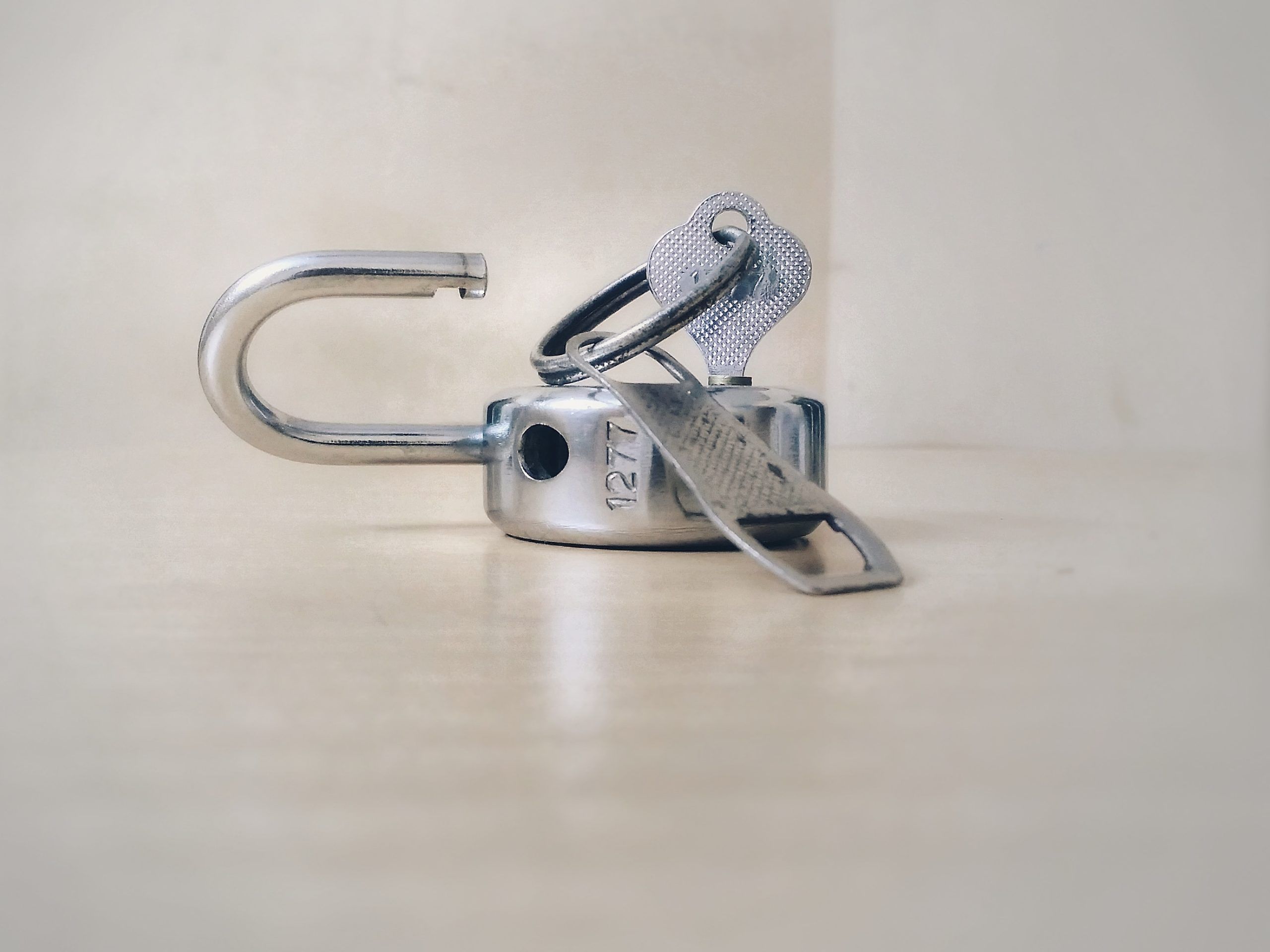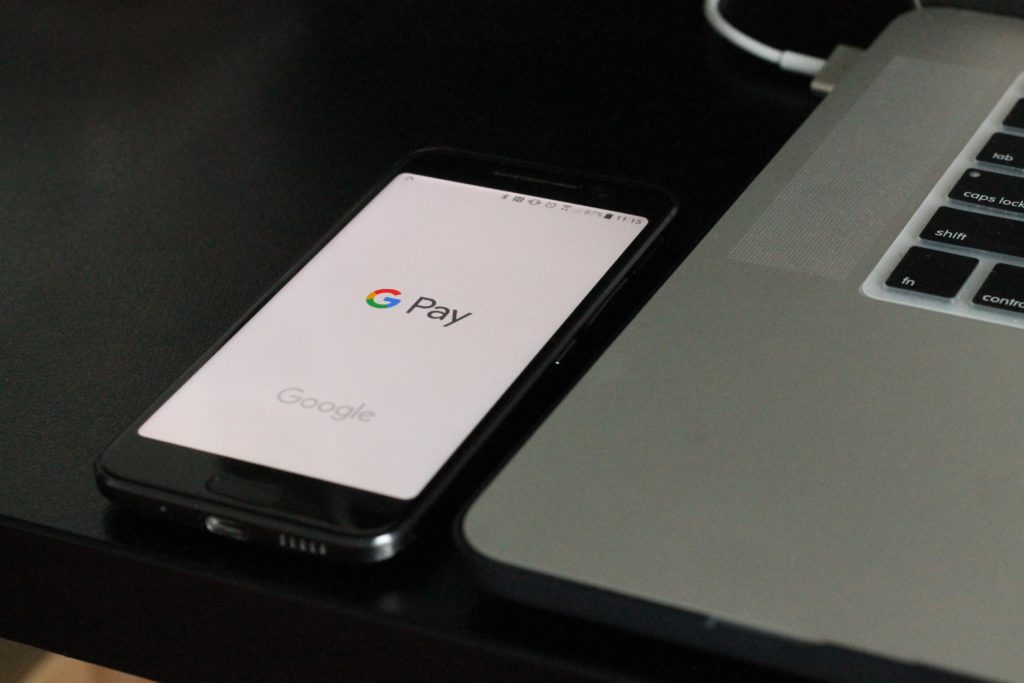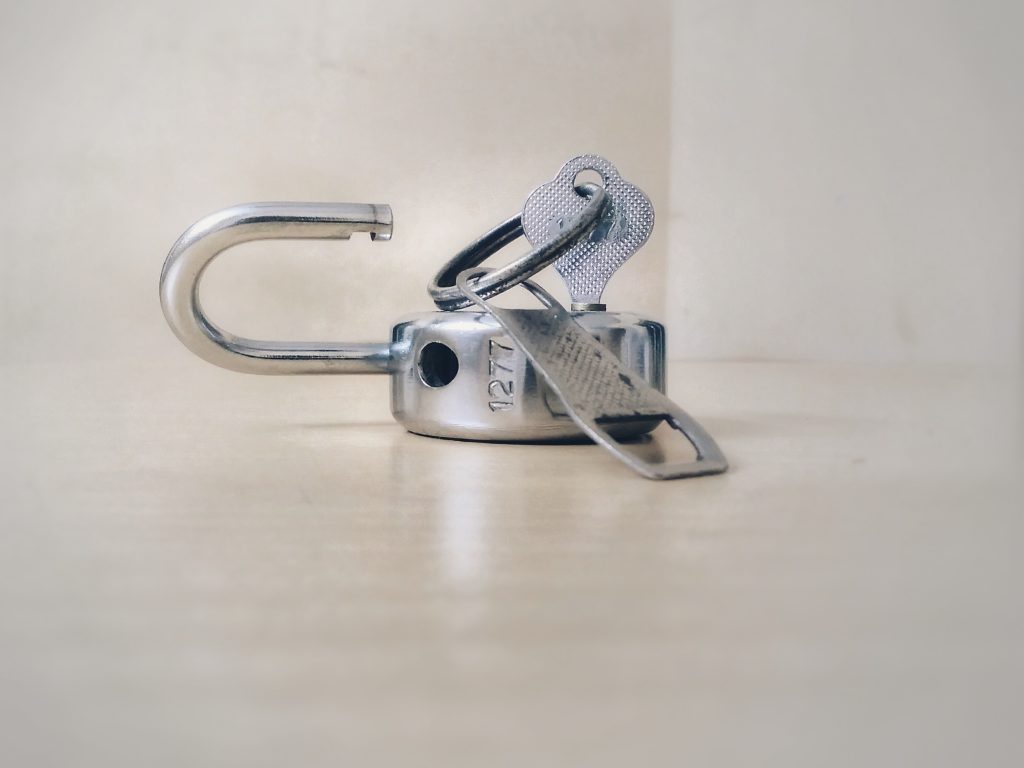5 Myths Of Debt Consolidation Loans
Debt consolidation is a term used when a person has several debts that they decide to merge into one loan. This is done by taking out a new loan to pay off their original debts. Since all of the debt is in one place the interest rate may be lower which should help to reduce the monthly payments.
You may not fully understand what debt consolidation is, or you may be unsure whether a debt consolidation loan is the right debt solution for you, which is why we have listed some of the myths that are associated with debt consolidation loans below.
1. Debt consolidation impacts your chances of credit

Initially, once you’ve applied for a debt consolidation loan, you will see a dip in your credit score; however, this dip should only be temporary.
If you stick to your new monthly payments as well as continue to keep an eye on important factors that affect your credit report, such as ensuring that you’re enrolled on the electoral register, then you should see your credit score begin to increase over time.
This means that a debt consolidation loan will not affect your chances of successfully applying for new credit or getting a mortgage in the long term.
2. Debt consolidation allows you to pay back less money

Many people find a debt consolidation loan to be an attractive option because obtaining one bigger loan with a reasonable interest rate can work out cheaper in the long run.
However, before applying for a consolidation loan ensure to calculate what you will pay back in total compared to your current repayment arrangements.
Depending on your existing lines of credit and their interest rates, along with your credit rating, there is a risk that you could potentially only qualify for a loan with a high-interest rate. This means that you could end up paying back more than you would have done in your current situation. That is why it is essential to do the comparison exercise mentioned above.
3. They Result in more debt

A better way to view a consolidation loan is that you are restructuring your existing debts into a new form that works better for you. As detailed above, whether or not you ultimately pay back more or less in total will depend on your circumstances and the loan that you take out.
You may want to take a consolidation loan that is of a higher interest rate than your existing credit, if it gives you the ability to spread the payments over a longer term to make them more manageable for you on a monthly basis. Some people find that having one payment to make is much more manageable than having to pay many creditors individually.
4. You’ll save on interest

Usually, creditors will assess your credit report before deciding on a suitable interest rate for you.
If you have a high credit score, then you may be able to get a good interest rate deal on your new loan.
However, if you’ve been struggling to pay your creditors, then it’s unlikely that your credit score will be high which means you may be offered a poor interest rate deal.
5. Debt consolidation is a scam

Debt consolidation is a legitimate solution for those struggling with multiple debts.
Be wary of any companies that approach you out of the blue, directly offering financial assistance. It is unusual for a reputable lender to approach people directly if you are not already a customer of theirs; or you have not made an application for credit.
If you are considering consolidating your debts then you should be able to find a reputable lender through comparison websites.
Benefits of a Debt Consolidation Loan:
- All of your debts will be in one place.
- Once the original loans are paid off in full, you will no longer be threatened with legal action by the initial creditors.
- The debt of your new loan will be repaid through monthly instalments. As it’s only one loan that you’re repaying, the interest rates can be much lower (depending on your credit score), making it more affordable.
- Simplifies your outgoings, making it easier for you to budget.
Hopefully, this blog will help you to decide whether a debt consolidation loan is right for you; however, if you’ve been declined a Debt Consolidation loan and are struggling to meet the demands of your multiple creditors then submit your details at Swift Debt Help, and we’d be happy to give you a callback to discuss alternative debt solutions.
Request a Debt Assessment
Disclaimer: For guidance only. Financial information entered must be accurate and would require verification. Other factors will influence your most suitable debt solution.








